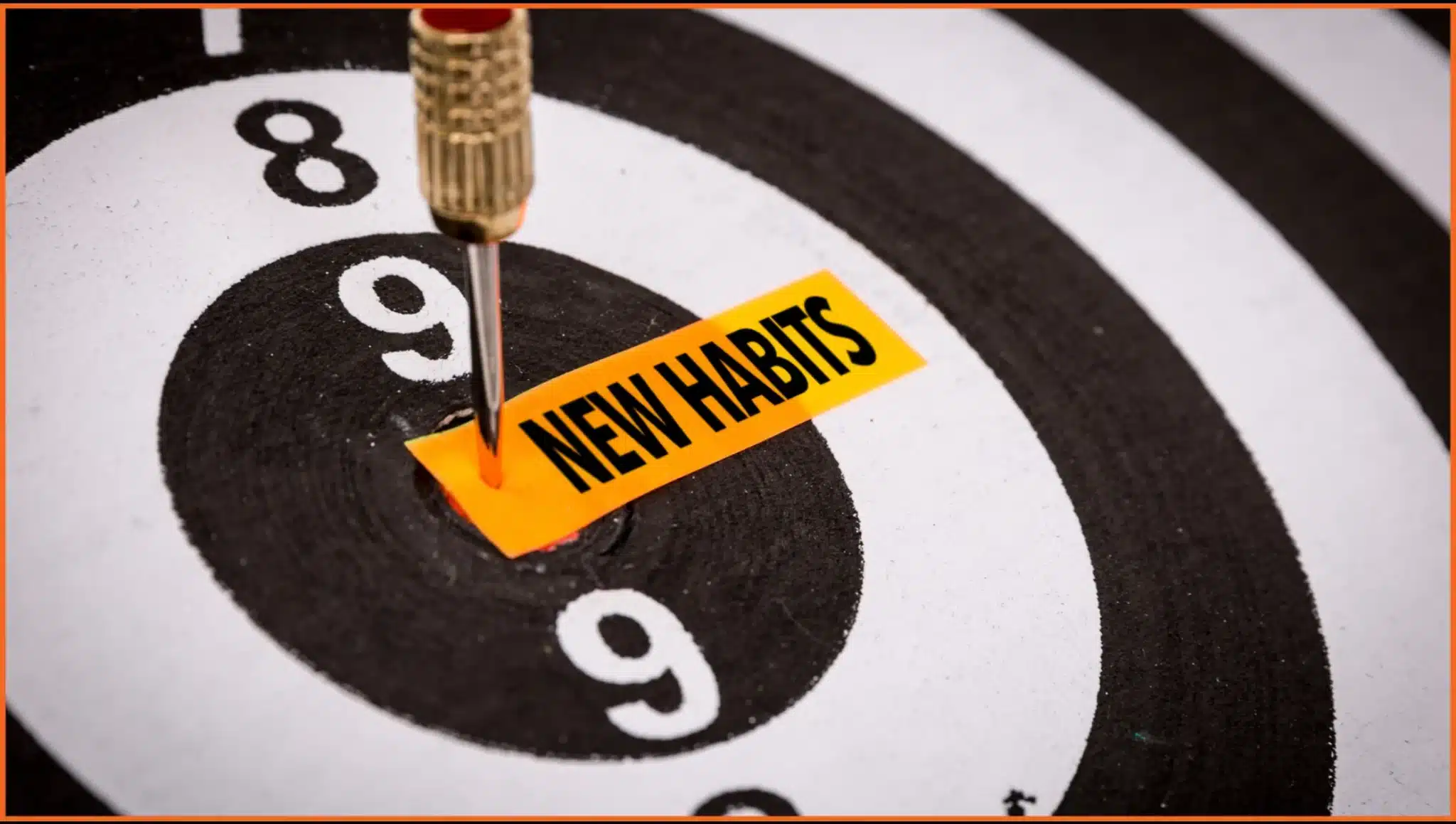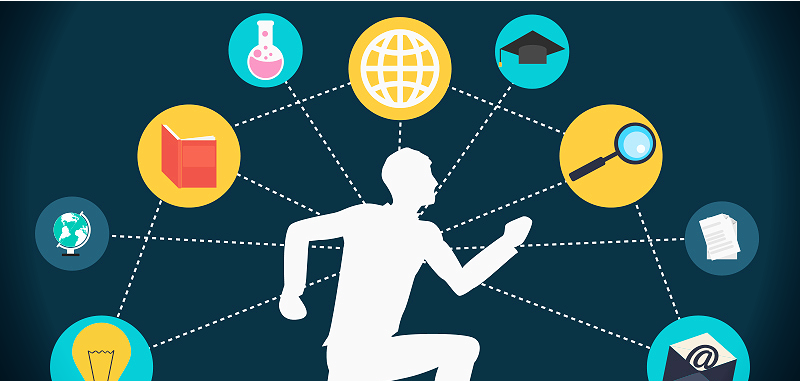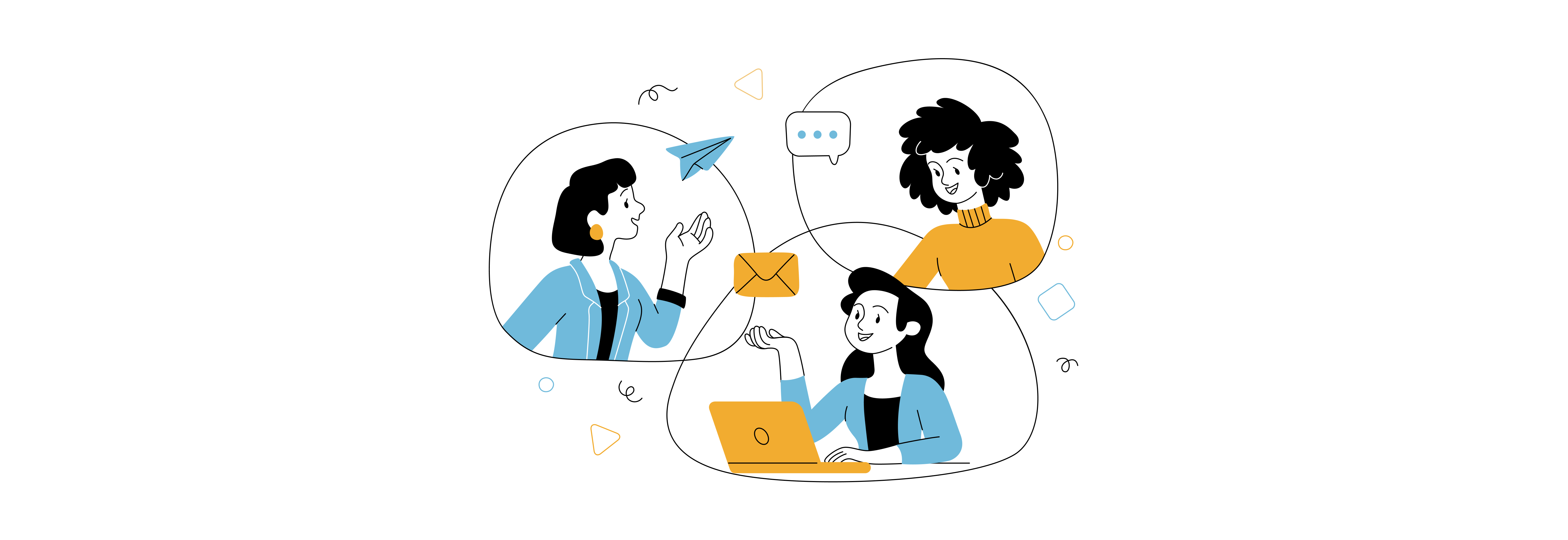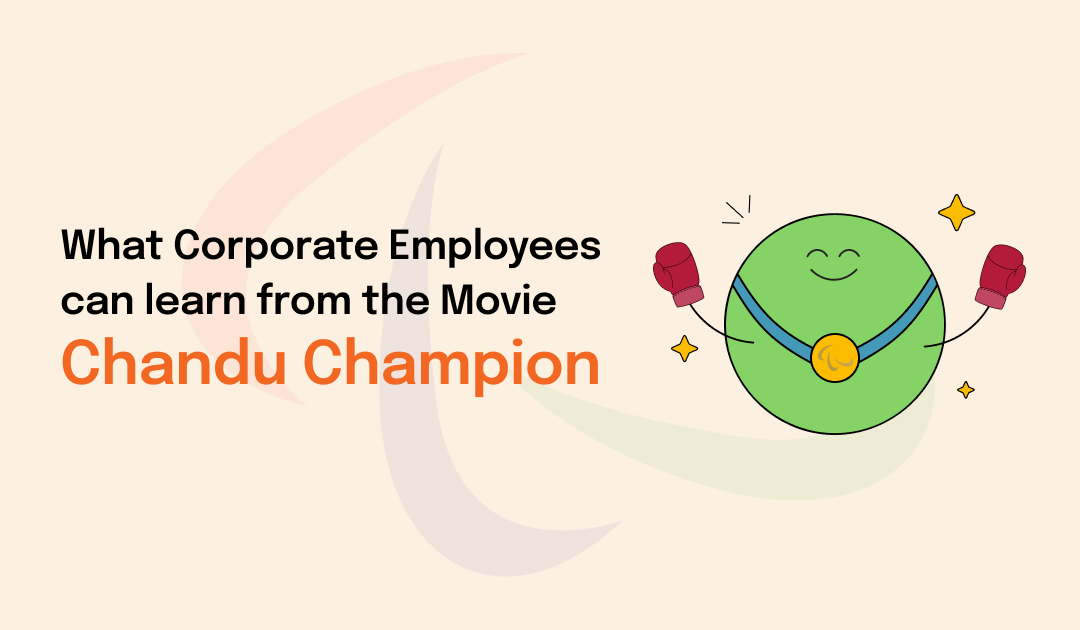Over the past few years, I have had the opportunity to work closely with several teams in the pharmaceutical industry. What strikes me most is how relentless and fast-paced their world is. Especially when it comes to the life of a medical representative. It reminds me of Chris Gardner from The Pursuit of Happyness, hauling his bone scanner from one hospital to the next. He was determined, focused, and always on the move.
Pharma reps are not that different. They juggle tight schedules, face fierce competition, and often work in silos. They are part educator, part relationship manager, and part strategist. And to thrive in this demanding role, they must stay constantly updated. But let us be honest. Classroom sessions, fixed training hours, or heavy modules are not always practical for them.
This is where self-paced learning steps in as a game changer.
Why Self-Paced Learning Works in Pharma
Table of Contents
Unlike other industries, pharmaceutical reps work in highly regulated environments with rapidly evolving product lines. On any given day, they might need to understand the nuances of a new drug, respond to a doctor’s technical query, or counter a competitor’s claim. All of this while navigating traffic between hospitals or sitting in a crowded waiting room.
Learning, in such a world, cannot be an afterthought. It has to be embedded into the rhythm of their lives. That is why self-paced learning, which offers flexibility, accessibility, and relevance, is increasingly being seen as essential rather than optional.
What Self-Paced Learning Actually Looks Like on the Ground
We often think of learning as a formal activity. But in reality, learning for medical reps happens everywhere. On the go. In elevators. During a quick coffee break. Some examples I have seen in action include:
- Listening to how a doctor explains a treatment to a patient
- Swapping insights with a fellow rep during a lunch break
- Watching short videos on product updates
- Skimming news articles about competitor launches
- Reflecting on what worked or failed during a sales pitch
These micro-moments of learning are powerful. They are contextual, bite-sized, and highly relevant. Our role, especially as L&D or capability-building professionals, is to amplify these moments by making learning easier to access, more engaging, and outcome-driven.
Let’s Dive into 5 Powerful Self-Paced Learning Solutions
1. Microlearning for Product Mastery
Microlearning is one of the most effective formats for field teams. It delivers bite-sized content, typically 2 to 10 minutes long, that focuses on a single concept or skill. For example, if a rep needs to understand a new dosage format, a two-minute explainer video followed by a quick quiz can do the job better than a 45-minute training deck.
You can also integrate micro-challenges. After watching a video, reps could answer real-life scenario-based questions or participate in timed quizzes that appear on their app once a day. Leaderboards and gamification features make it even more engaging.
The best part is, it fits seamlessly into their schedule. Whether they are waiting outside a clinic or taking a coffee break, these nuggets of learning can be accessed anytime and anywhere.
Takeaway: Learning that respects time is learning that gets done.
2. Online Business Simulations to Build Confidence
While microlearning addresses just-in-time learning needs, simulations are ideal for deeper skill building. Business simulations allow reps to apply knowledge in a risk-free virtual environment. Think of it like a flight simulator, but for sales conversations or negotiation scenarios.
In one such simulation I worked with, reps had to pitch a new product to a virtual doctor who had objections. Based on their responses, the conversation branched into different paths. After the simulation, they received immediate feedback. They could see what they said well, where they missed a cue, and how their confidence was perceived.
The reps found it incredibly useful. Not only did they get to practice, but they also reflected more critically on their style. Over time, they began adapting their real-life conversations more effectively.
Learn more about Business Simulations
Takeaway: Confidence is built not by reading theory, but by practicing under pressure, safely.
3. Visual Infographics for On-Demand Reference
Let us face it. No matter how good your training program is, your reps will not remember every product detail on the spot. And during a sales call, flipping through a large PDF is not realistic.
This is where well-designed infographics come in handy. A compact visual sheet that outlines key facts, clinical benefits, comparisons with competitor drugs, or even simple call scripts can be a lifesaver.
Many organizations are now creating mobile-friendly infographics categorized by product lines. Some even use QR codes that reps can scan and access during clinic visits.
Pro tip: Make these visuals printable in wallet-sized formats for reps who prefer hard copies. The goal is simple, help them find answers faster.
Takeaway: Reference tools do not replace training, they reinforce it in real time.
4. Peer-Driven Exception Handling Scenarios
Pharma reps often encounter curveballs from doctors. A question about side effects. A concern about pricing. A challenge to efficacy. And the way one rep handles it can be a masterclass for another.
Why not turn this into a learning format?
Some teams are creating discussion boards or moderated forums where reps post tricky cases they encountered and how they handled them. Others use video journals, short clips where a senior rep explains how they addressed a difficult query during a call.
Encouraging peer learning not only builds a knowledge base, it also boosts morale. It reminds reps that they are not alone in facing challenges.
Takeaway: Every challenge faced by one rep is a potential lesson for the rest.
5. Communication Micro-Coaching for Impactful Conversations
One challenge I have seen consistently is that even the most informed reps may struggle to deliver their pitch with impact. They might rush. Or sound mechanical. Or use the same script for every doctor.
That is why communication coaching, even in a self-paced format, is so powerful.
One technique we use is called “Before-After-Reflect.” Here is how it works:
- Before a sales call, reps spend one minute reviewing three key points about the doctor’s past feedback
- They enter the meeting with intention, not repetition
- After the call, they write or record a 60-second voice note reflecting on what worked and what did not
- Once a week, they review these notes to identify patterns
Over time, this simple habit builds self-awareness, adaptability, and stronger relationships with healthcare professionals.
Takeaway: The best communicators are not those who talk the most, but those who learn the fastest.
A Final Thought on Self-Paced Learning in Pharma
The future of learning in the pharmaceutical industry is not about more information. It is about more meaningful information, delivered at the right time, in the right format, with a clear purpose.
Self-paced learning is not just a convenience for busy reps. It is a necessity. It empowers them to be more responsive, more knowledgeable, and more confident, all while fitting into the daily demands of their job.
For learning and development professionals, the goal should not be to replicate classroom training online. It should be to understand the learner’s world and build learning moments into it.
When we design learning that respects time, adapts to reality, and encourages ownership, we do not just build better learners. We build better professionals.










